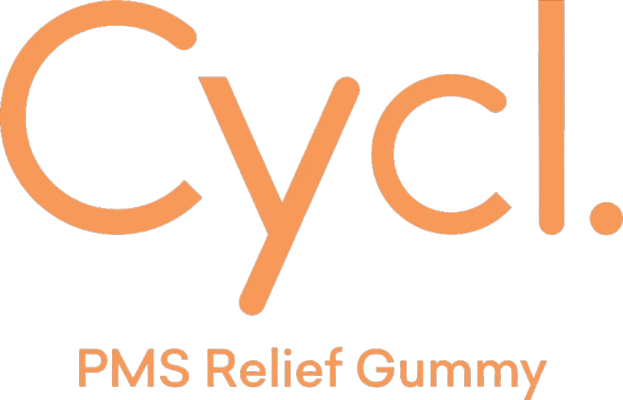


SafiCycle
Cycl. Funds: Supporting Period Poverty Relief
50% of Cycl. profits are donated to SafiCycle, powered by LifeStraw, aimed at providing reusable underwear, hygiene materials, and education support for school-age menstruating people in Kenya.
What Is Period Poverty?
Period poverty refers to the lack of access to menstrual products such as Period underwear, pads, tampons, hygiene facilities, waste management, and education about menstruation. This issue is estimated to affect 500 million menstruating people globally, leading to health risks, missed educational and work opportunities, and social stigma.
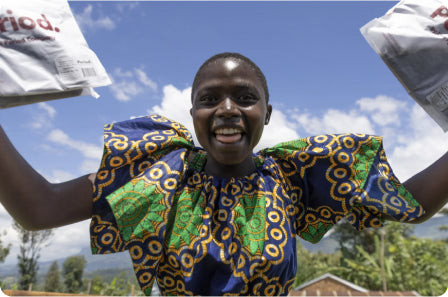
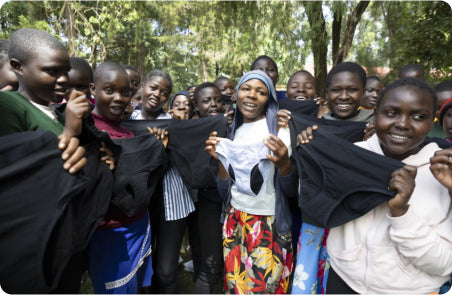
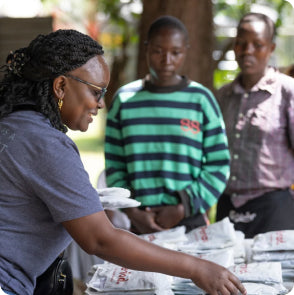
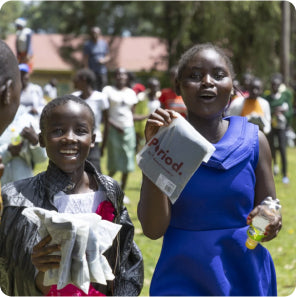
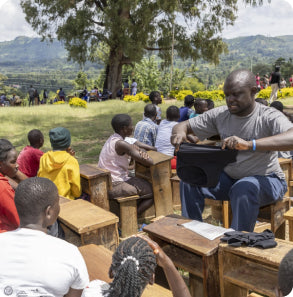





Our Commitment to Fighting Period Poverty
Our mission is clear.
Women deserve better. Period.
Cycl. understands the significance of investing in menstrual health care as a means of empowering young women worldwide, unlocking their potential, and fostering a more equitable and just society.
During a recent visit to Kenya, we were confronted with a distressing reality. In Kenya's Bungoma County, girls as young as 10 to 16 years of age from poorer communities, regularly face sexual exploitation in exchange for menstrual supplies.
Cycl.’s mission is straightforward: To disrupt this cycle of exploitation by eliminating period poverty and ensuring equitable access to menstrual health care for all young women, regardless of their financial circumstances. The goal is to ensure that no young woman should ever be in a position where they feel they have to sell their body for a pad.
For every bottle of Cycl, you purchase, you make it possible for us, to work towards stamping out period poverty and changing a person’s life.
Cycl. dedicates 50% of profits to SafiCycle, powered by LifeStraw, aimed at providing reusable period underwear, hygiene materials, and education for school-age menstruating people in Kenya.
Saficycle, your impact at work.

